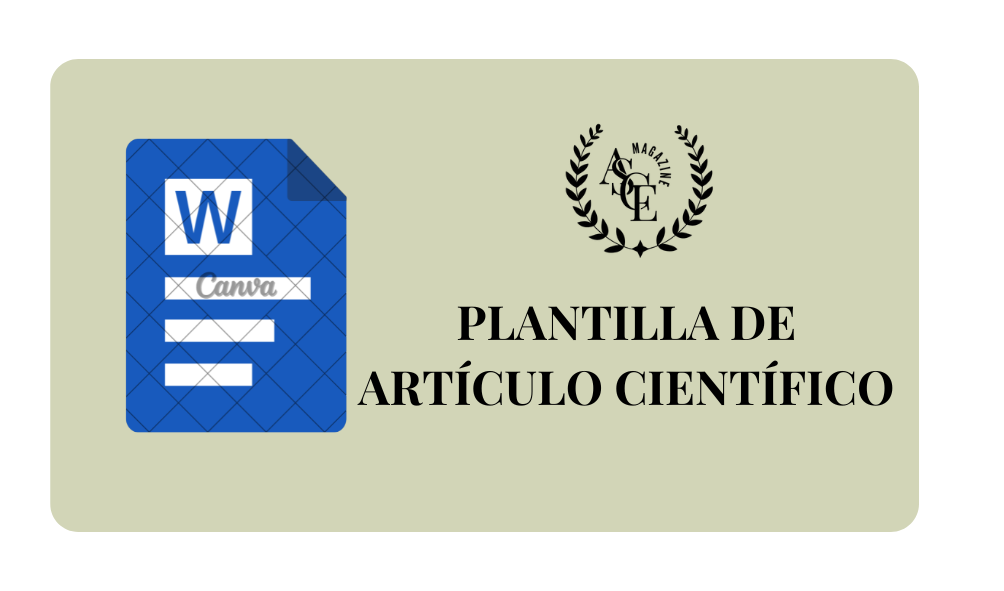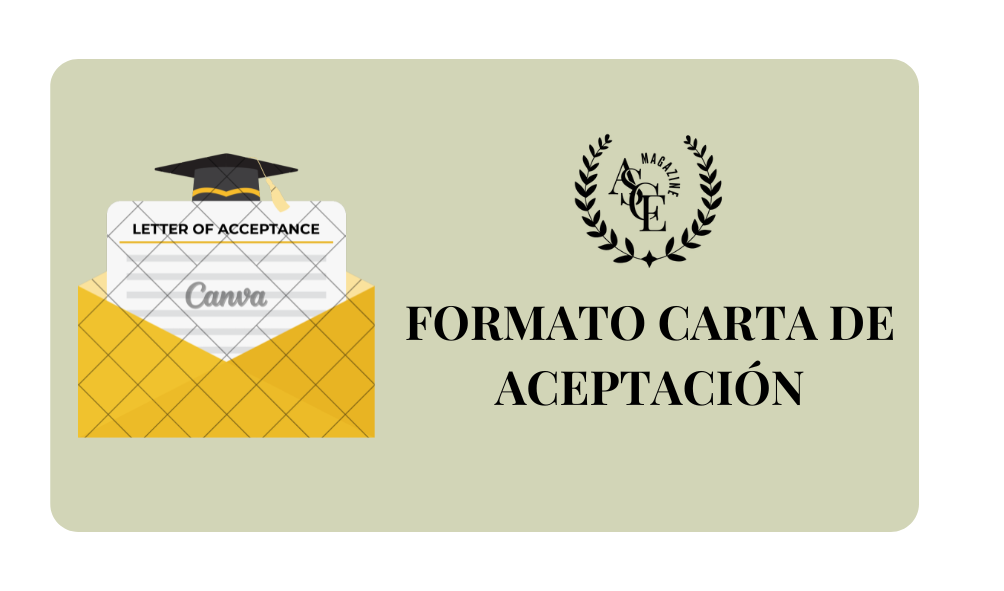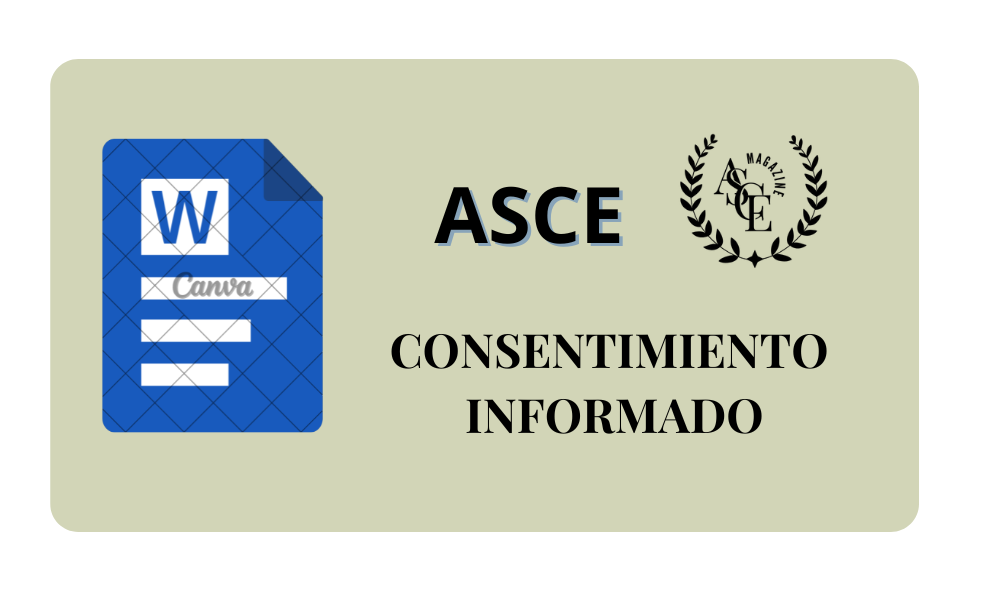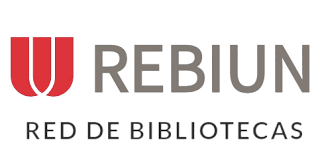Relationship between pedagogical knowledge and teaching vocation in teachers at a training school in the city of Quito.
DOI:
https://doi.org/10.70577/ASCE/2033.2053/2025Keywords:
Pedagogical knowledge; Teaching vocation; Teacher training; Professional experience; Quality education.Abstract
This study analyzed the relationship between teaching vocation (TV) and pedagogical knowledge (PK) among teachers at a training school in Quito, Ecuador. The sample consisted of 52 teachers selected through non-probabilistic sampling. The study employed a quantitative, descriptive, correlational, and cross-sectional approach. For TV, the Teacher Vocation Questionnaire by Torres-Hernández (2022) (CVOC-D;21 items; α=0.752) was applied, comprising the following dimensions: satisfaction with teaching (V1_D1_ST), vocational awareness (V1_D2_VA), and educational commitment (V1_D3_EC). For PK, the Assessment of Pedagogical Knowledge for Teaching questionnaire by Martin-Romera & Molina (2017) was used (19 items; α=0.826), which includes the following dimensions: predominance of pedagogical knowledge (V2_D1_PPK), pre-professional socialization (V2_D2_PS), professional training (V2_D3_PT), and professional practice (V2_D4_PP). Data processing was performed using Jamovi 2.6.26.0 software. Frequencies and percentages by levels were calculated, and Correlation were calculated using the Spearman test. The normality test was performed using the Kolgomorov-Smirnov (K-S) method, V1_D1_ST=0.245; V1_D2_VA=0.255; V1_D3_EC=0.280; V2_D1_PPK=0.104; V2_D2_PS=0.166; V2_D3_PT=0.174; V2_D4_PP=0.182. In TV, the very high level V1_D1_ST (88.5%) prevailed, V1_D2_VA (88.5%), V1_D3_EC (90.4%). For PK, high levels stood out V2_D2_PS (67.3%), V2_D3_PT (69.2%), V2_D4_PP (67.3%), V2_D1_PPK showed the lowest value (38.5%). All PK dimensions fulfilled the assumption of normality, as their K-S values exceeded 0.05. A positive and significant correlation was found between TV and PK (p=0.468, p<.001), rejecting the null hypothesis. The relationship between years of teaching experience and TV (p=0.097), and PK (p=0.159), showed no statistical significance (p>0.05), accepting the null hypothesis in both cases.
Downloads
References
Antera, S. (2022). Being a Vocational Teacher in Sweden: Navigating the Regime of Competence for Vocational Teachers. International Journal for Research in Vocational Education and Training, 9(2), 269-293. https://doi.org/10.13152/IJRVET.9.2.6 DOI: https://doi.org/10.13152/IJRVET.9.2.6
Benoit, C. (2021). La tutoría entre pares: Una estrategia para el fortalecimiento de la vocación pedagógica. Transformación, 17(1), 1-17. http://scielo.sld.cu/scielo.php?script=sci_abstract&pid=S2077-29552021000100001&lng=es&nrm=iso&tlng=pt
Benoit, C., & Vega, H. (2022). Autopercepciones del profesor en formación sobre su rol docente y desempeño laboral. Mendive. Revista de Educación, 20(3), Article 3. https://mendive.upr.edu.cu/index.php/MendiveUPR/article/view/2864
Camacho, J., & Palacios, J. (2022). Teaching vocation and attitudes towards research in education students. International Journal of Health Sciences, 6(S7), Article S7. https://doi.org/10.53730/ijhs.v6nS7.11221 DOI: https://doi.org/10.53730/ijhs.v6nS7.11221
Cardoza, F. (2024). Vocación para la formación docente y su relación con la satisfacción de la formación recibida. Revista Chakiñan de Ciencias Sociales y Humanidades, 24, 33-52. https://doi.org/10.37135/chk.002.24.02 DOI: https://doi.org/10.37135/chk.002.24.02
Fernández, T. G., Parra, W. A., & Diaz, Y. T. (2024). La vocación docente: El proyecto de vida que otorga sentido a los profesores. Tsafiqui: Revista científica en ciencias sociales, 14(1), 41-51. https://doi.org/10.29019/tsafiqui.v14i22.1248 DOI: https://doi.org/10.29019/tsafiqui.v14i22.1248
Filgona, J., Sakiyo, J., & Gwany, D. M. (2020). Teachers’ pedagogical content knowledge and students’ academic achievement: A theoretical overview. Journal of Global Research in Education and Social Science, 14-44. https://www.researchgate.net/publication/344199882
Herrera-Espinoza, K., Gonzales-Saavedra, F., García-Moncada, G.-D.-P., & Ponce-Yactayo, D. (2023). Professional identity and teaching vocation. Episteme Koinonía. Revista Electrónica de Ciencias de La Educación, Humanidades, Artes y Bellas Artes, 6(12), 103-118. https://doi.org/10.35381/e.k.v6i12.2531 DOI: https://doi.org/10.35381/e.k.v6i12.2531
Herreros-Torres, D., Sanz, M., & Gómez-Ferragud, C. (2025). CoRe as a tool to evaluate the pedagogical knowledge of future teachers about the fraction as an operator. Frontiers in Education, 10. https://doi.org/10.3389/feduc.2025.1274102 DOI: https://doi.org/10.3389/feduc.2025.1274102
Hollenstein, L., & Brühwiler, C. (2024). The importance of teachers’ pedagogical-psychological teaching knowledge for successful teaching and learning. Journal of Curriculum Studies, 56(4), 480-495. https://doi.org/10.1080/00220272.2024.2328042 DOI: https://doi.org/10.1080/00220272.2024.2328042
Klemenz, S., & König, J. (2024). Karriereaspirationen und Kompetenzniveaus im pädagogischen Wissen: Zum Zusammenhang zwischen motivationalen Merkmalen und Erwerb professionellen Wissens von (angehenden) Lehrkräften. Zeitschrift für Erziehungswissenschaft, 27(1), 229-255. https://doi.org/10.1007/s11618-023-01202-7 DOI: https://doi.org/10.1007/s11618-023-01202-7
López de Herrera, M., Pérez, M., & Jara, R. (2020). El dilema entre la formación y la vocación. Estudio de caso de docentes ecuatorianos de excelencia. Chakiñan, Revista de Ciencias Sociales y Humanidades, 11, Article 11. https://doi.org/10.37135/chk.002.11.03 DOI: https://doi.org/10.1590/SciELOPreprints.730
Martín-Romera, A. (2017). Formación pedagógica para la acción docente y gestión del aula (Tesis doctoral, Universidad de Granada). Repositorio Institucional de la Universidad de Granada. Obtenido de: http://hdl.handle.net/10481/48332
Martin-Romera, A., & Molina, E. (2017). Valor del conocimiento pedagógico para la docencia en Educación Secundaria: Diseño y validación de un cuestionario. Estudios pedagógicos (Valdivia), 43(2), 195-220. https://doi.org/10.4067/S0718-07052017000200011 DOI: https://doi.org/10.4067/S0718-07052017000200011
Martin-Romera, A., Salmerón-Vílchez, P., & Molina, E. (2021). Valor del componente pedagógico en Educación Secundaria: Propiedades psicométricas de dos instrumentos. Profesorado, Revista de Currículum y Formación del Profesorado, 25(3), Article 3. https://doi.org/10.30827/profesorado.v25i3.13652 DOI: https://doi.org/10.30827/profesorado.v25i3.13652
Mendoza, M., Panza, E., Domínguez, J., Taipe, L., Cortez, M., & Rodriguez, A. (2024). Educadores sin vocación ni preparación: La realidad de la contratación docente en Ecuador: Educators without vocation or preparation: the reality of teacher hiring in Ecuador. Revista Científica Multidisciplinar G-nerando, 5(2), Article 2. https://doi.org/10.60100/rcmg.v5i2.351 DOI: https://doi.org/10.60100/rcmg.v5i2.351
Mimbela, M., Sánchez, K., García, V., & Ramos, J. (2022). Vocación y desempeño docente en el Perú. Franz Tamayo - Revista de Educación, 4(9), Article 9. https://doi.org/10.33996/franztamayo.v4i9.791
Osman, S., & Dangor, K. F. (2024). Tumu College of Education trainee teachers’ perceptions of mentors’ pedagogical knowledge. African Journal of Teacher Education, 13(1), Article 1. https://doi.org/10.21083/ajote.v13i1.7535 DOI: https://doi.org/10.21083/ajote.v13i1.7535
Ossa, C., Lagos, N., Palma, M., Arteaga, P., & Quintana, I. (2018). Construcción y análisis psicométrico del Cuestionario de Vocación Docente para estudiantes (CVD-E). Revista de Estudios y Experiencias en Educación, 17(34), 15-29. https://doi.org/10.21703/rexe.20181734cossa6 DOI: https://doi.org/10.21703/rexe.20181734cossa6
Paidicán, M., & Arredondo, P. (2023). Conocimiento técnico pedagógico del contenido (TPACK) en Iberoamérica: Una revisión bibliográfica. Revista Andina de Educación, 6(2), 000629-000629. https://doi.org/10.32719/26312816.2022.6.2.9 DOI: https://doi.org/10.32719/26312816.2022.6.2.9
Romero-Sánchez, E., Gil-Martínez, L., & Almagro-Durán, E. (2020). La vocación en la identidad del maestro de Educación Infantil: Una revisión de la última década. Revista Electrónica en Educación y Pedagogía, 4(7), 108-126. https://www.redalyc.org/journal/5739/573965471008/html/ DOI: https://doi.org/10.15658/rev.electron.educ.pedagog20.11040709
Salami, O., & Spangenberg, D. E. (2024). Effect of Teachers’ Subject and Pedagogical Knowledge on Junior Secondary School Students’ Academic Performance in Mathematics. JETT, 15(2), 1-13. https://doi.org/10.47750/jett.2024.15.02.001 DOI: https://doi.org/10.52214/jmetc.v15i1.12474
Sandoval, P., Bustos, R., Maldonado, A., Pavié, A., & Valdés, G. (2020). Representaciones Sobre Vocación Docente En Ingresantes a Pedagogía En Universidades Estatales De Chile. Interciencia, 45(11), 532-538. https://www.redalyc.org/journal/339/33965047006/html/
Stellmacher, A., Ohlemann, S., Pfetsch, J., & Ittel, A. (2020). Pre-Service Teacher Career Choice Motivation: A Comparison of Vocational Education and Training Teachers and Comprehensive School Teachers in Germany. International Journal for Research in Vocational Education and Training, 7(2), 214-236. https://doi.org/10.13152/IJRVET.7.2.5 DOI: https://doi.org/10.13152/IJRVET.7.2.5
Tahir, M., Khan, D. I., & Khan, D. T. (2023). Relationship Of Pedagogical Knowledge with Classroom Practices of Teaching Reading Comprehension. The Discourse, 9(2), Article 2. https://www.discourse.org.pk/index.php/discourse/article/view/264
Torres-Hernández, E. F. (2022). Diseño y validación de un cuestionario de vocación docente para profesores (CVOC-D). Revista Fuentes, 24(1), Article 1. https://doi.org/10.12795/revistafuentes.2022.15751 DOI: https://doi.org/10.12795/revistafuentes.2022.15751
Torres-Hernández, E. F. (2023). Vocación y burnout en docentes mexicanos. Educación XX1, 26(1), Article 1. https://doi.org/10.5944/educxx1.32954 DOI: https://doi.org/10.5944/educxx1.32954
Torres-Hernández, E. F. (2025). Vocación a la Docencia: Su Relación con la Regulación Emocional y la Resiliencia. Revista de estudios y experiencias en educación, 24(54), 233-249. https://doi.org/10.21703/rexe.v24i54.2953 DOI: https://doi.org/10.21703/rexe.v24i54.2953
Wang, L., & Zhan, F. (2023). Elaborating Teachers’ Pedagogical Content Knowledge from Static and Dynamic Perspectives. Creative Education, 14(11), 2301-2312. https://doi.org/10.4236/ce.2023.1411145 DOI: https://doi.org/10.4236/ce.2023.1411145
Downloads
Published
How to Cite
Issue
Section
License
Copyright (c) 2025 Mosquera Córdova, Christian Eduardo, Toscano Reinoso, Rosario Elizabeth, Adriana Gabriela Sequera Morales, PhD.

This work is licensed under a Creative Commons Attribution-NonCommercial-NoDerivatives 4.0 International License.
Eres libre de:
- Compartir : copiar y redistribuir el material en cualquier medio o formato
- Adaptar : remezclar, transformar y desarrollar el material
- El licenciante no puede revocar estas libertades siempre y cuando usted cumpla con los términos de la licencia.
En los siguientes términos:
- Atribución : Debe otorgar el crédito correspondiente , proporcionar un enlace a la licencia e indicar si se realizaron cambios . Puede hacerlo de cualquier manera razonable, pero no de ninguna manera que sugiera que el licenciante lo respalda a usted o a su uso.
- No comercial : no puede utilizar el material con fines comerciales .
- CompartirIgual — Si remezcla, transforma o construye sobre el material, debe distribuir sus contribuciones bajo la misma licencia que el original.
- Sin restricciones adicionales : no puede aplicar términos legales ni medidas tecnológicas que restrinjan legalmente a otros hacer algo que la licencia permite.
























